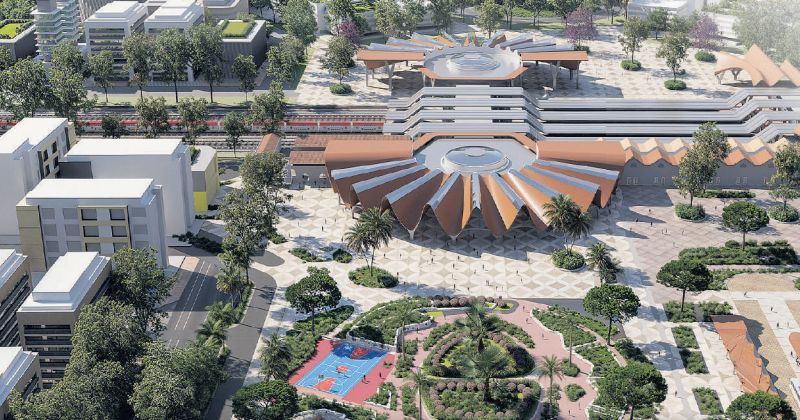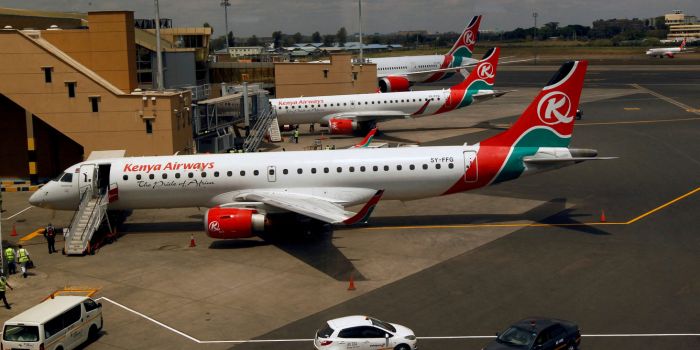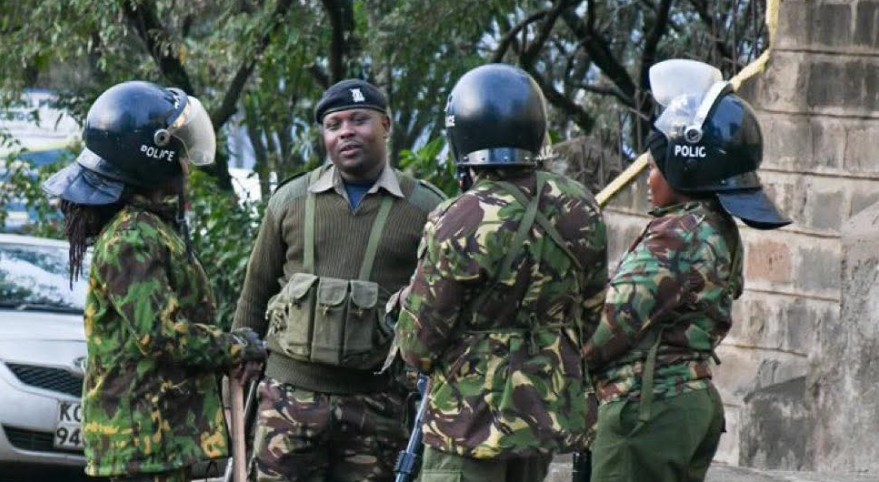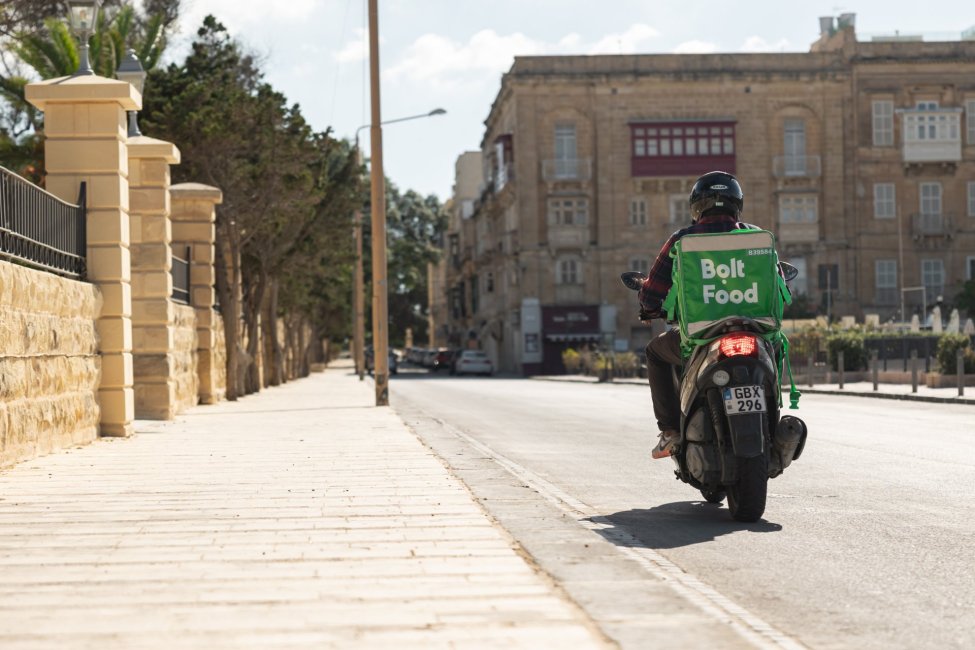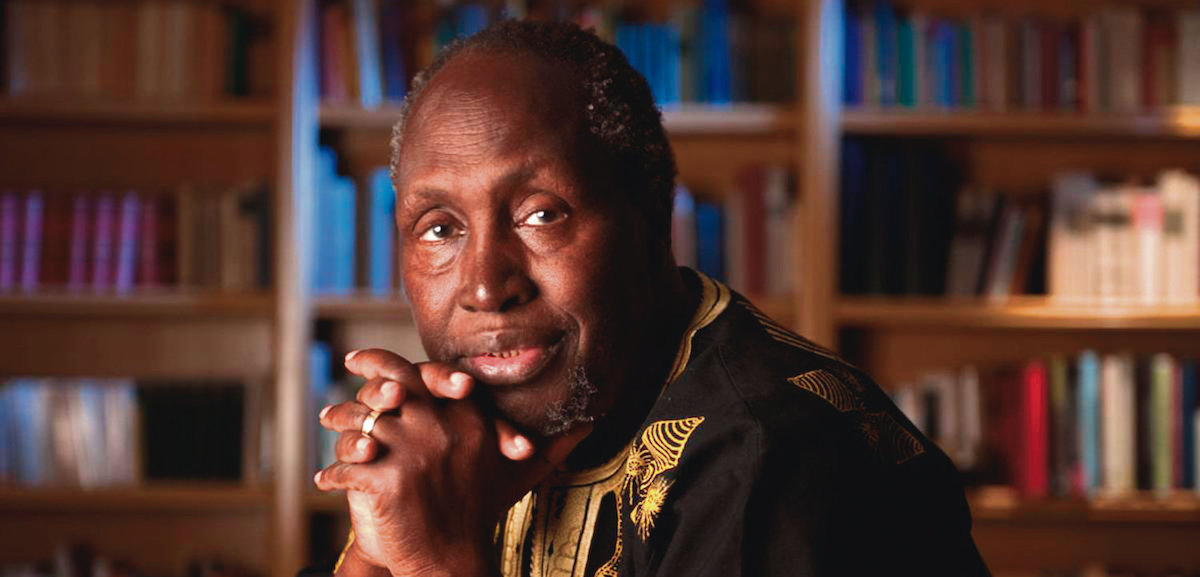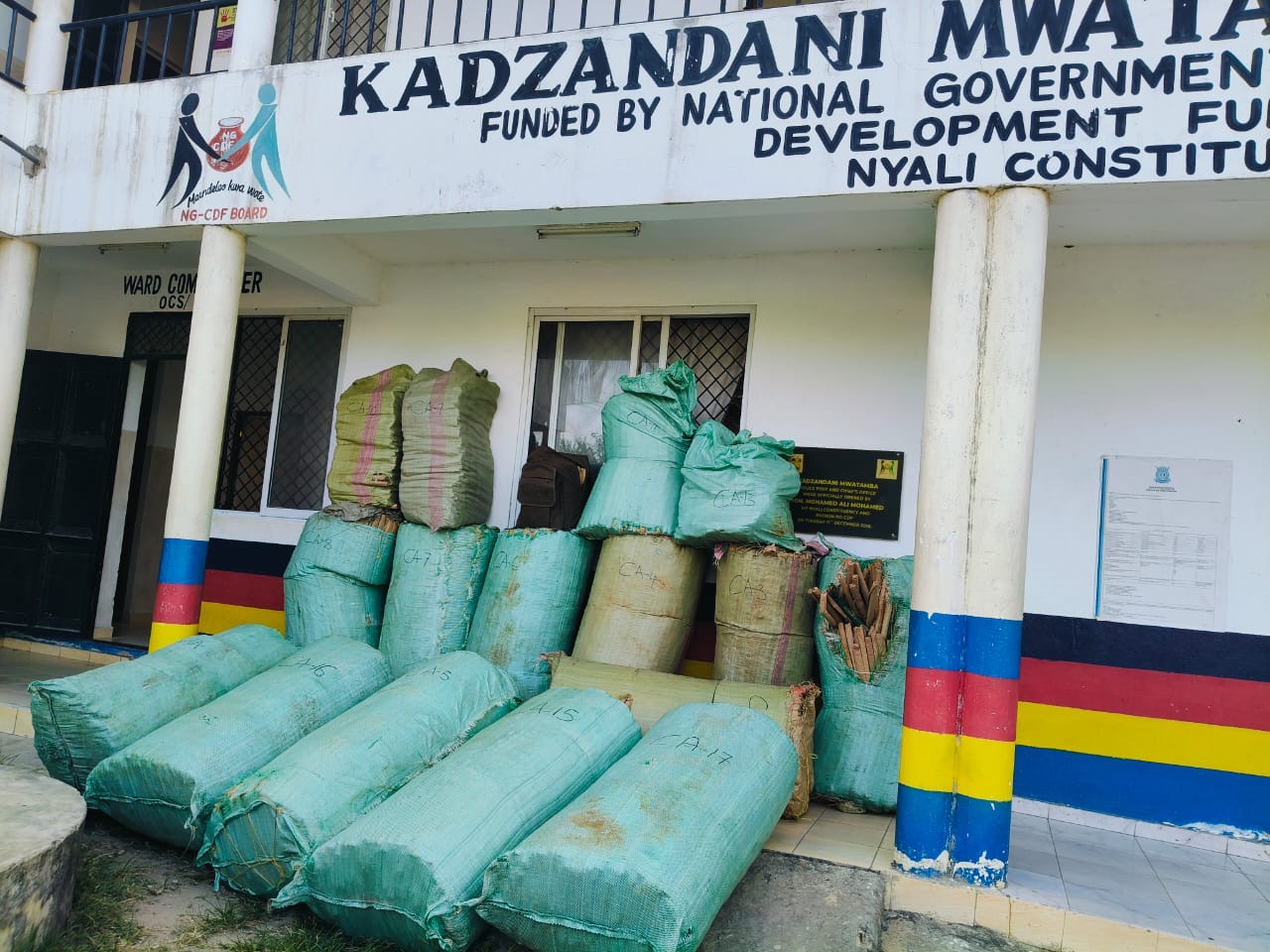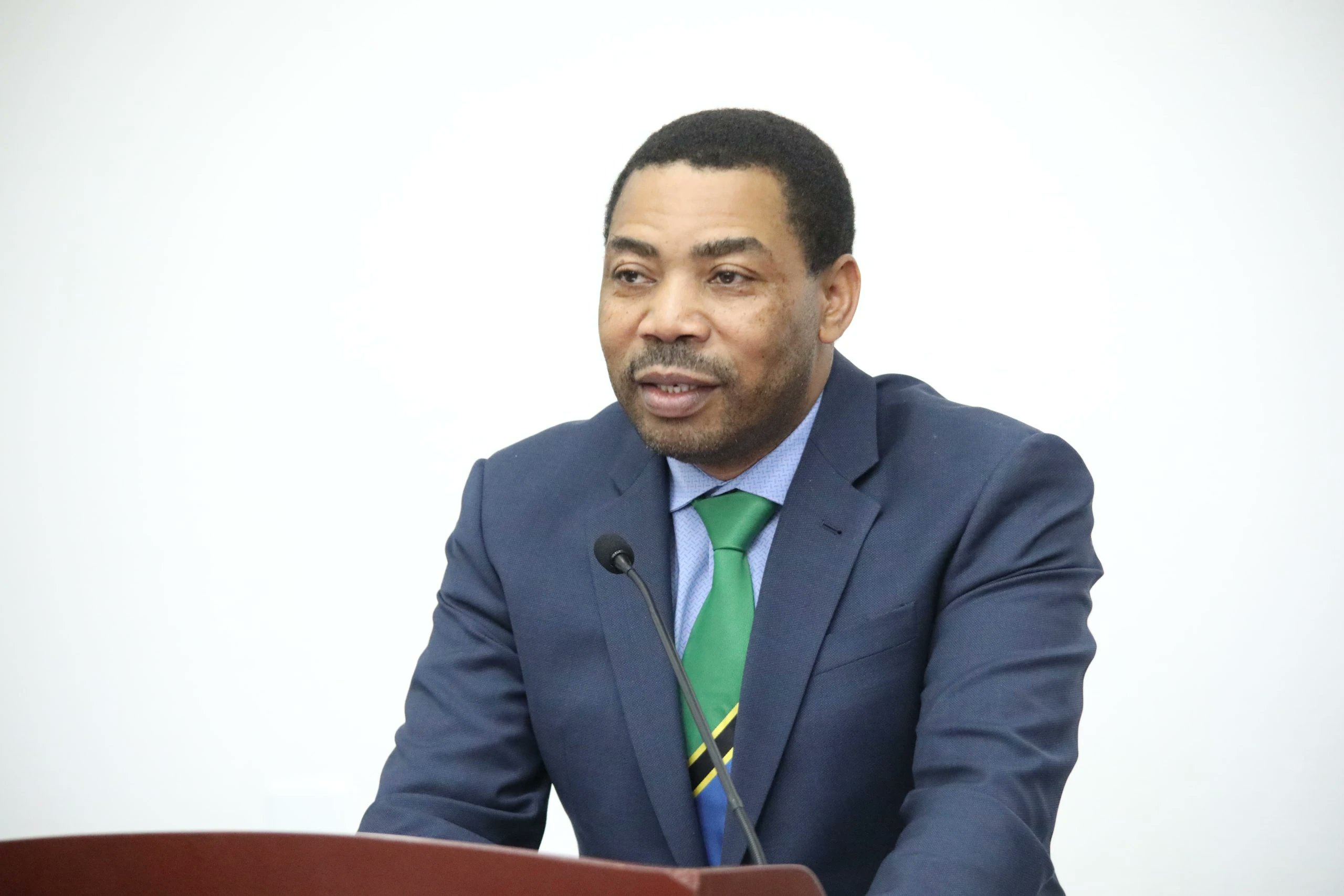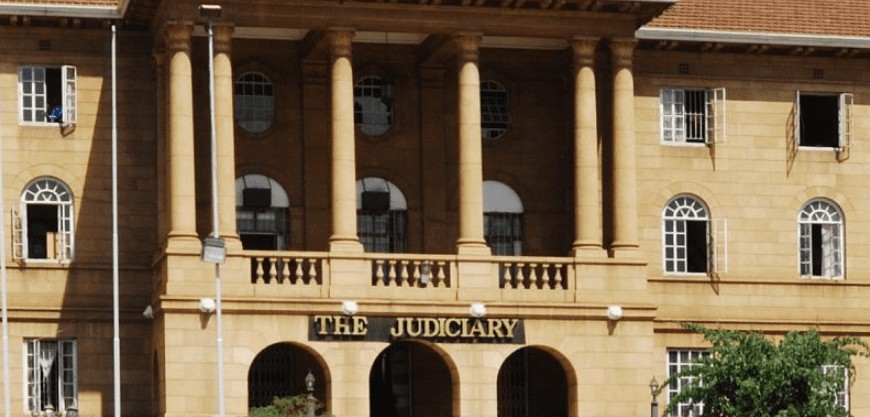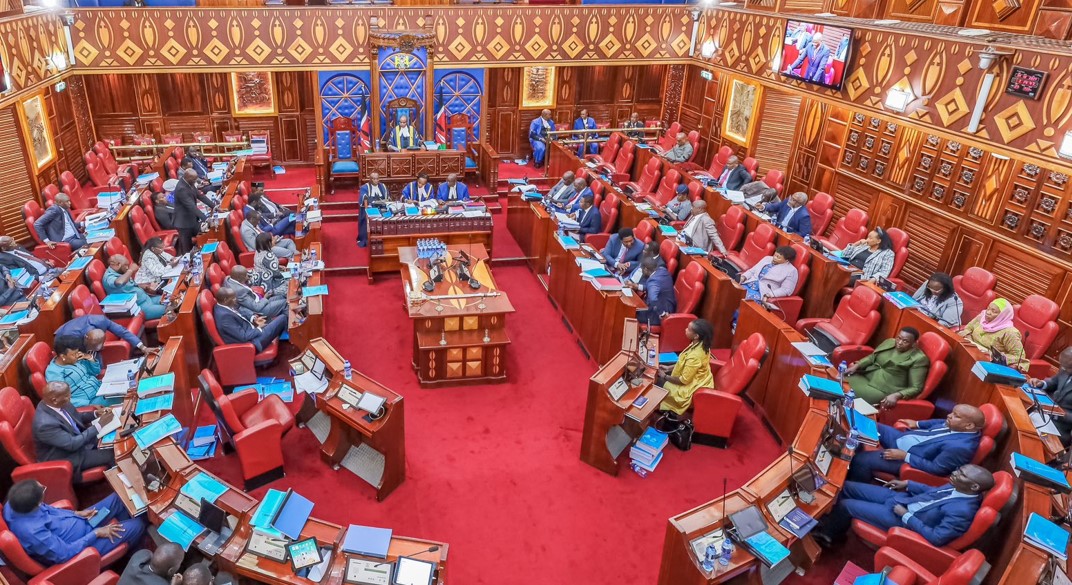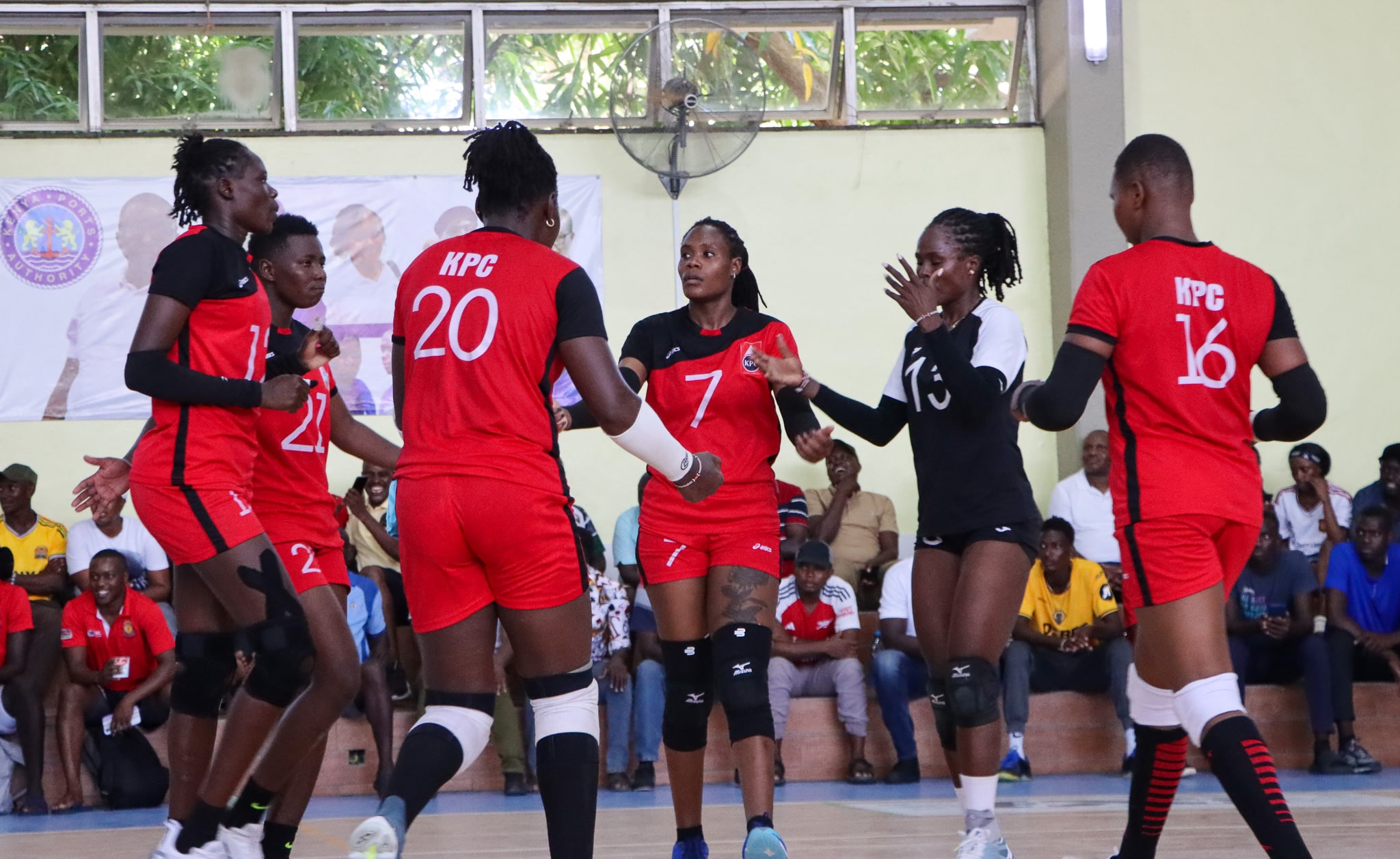From terror zone to thriving business hub: The revolution of Mombasa's Majengo estate
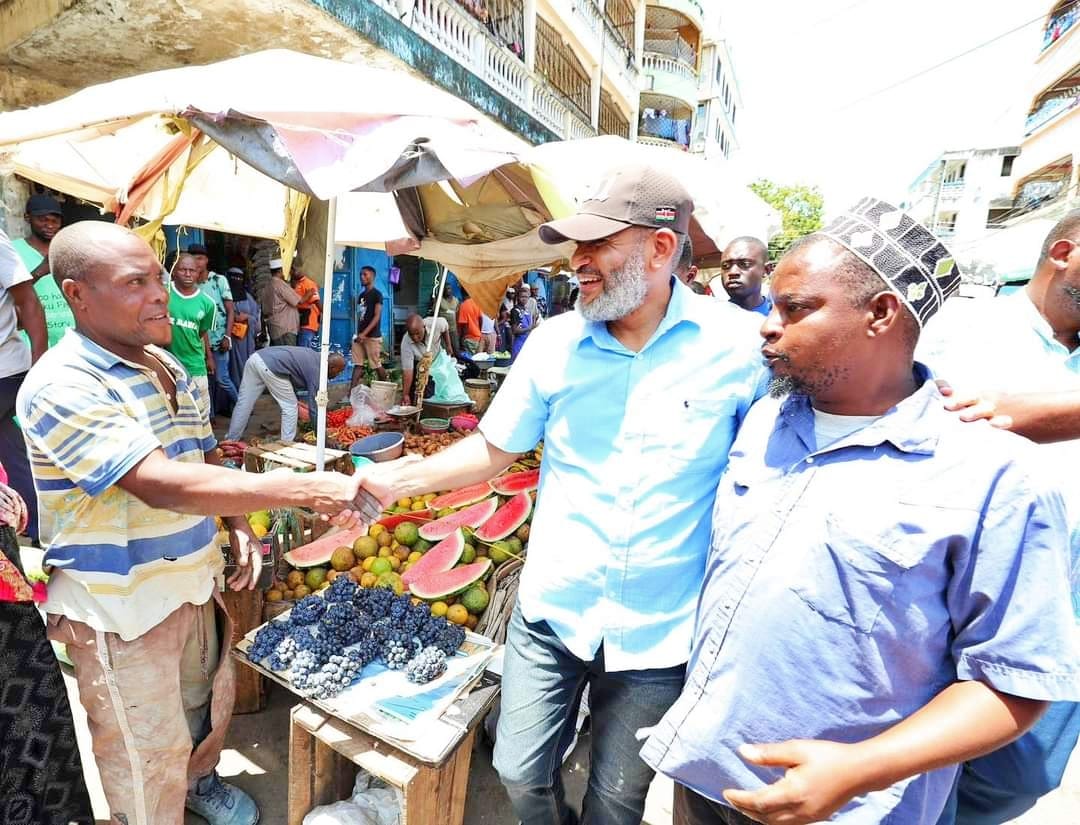
The tide began to turn in 2014 with intensified efforts by law enforcement agencies to dismantle terror networks operating within Majengo.
Walking down the streets of Majengo in Mombasa on a Friday evening reveals how busy the area is; a beehive of activity.
As I walk here, I am enveloped by a symphony of sounds. People hurry past, their footsteps echoing against the worn pavement, while the aroma of street food wafts tantalizingly in the air.
More To Read
- Mombasa takes healthcare to workplaces with launch of community health promoter desks
- Mombasa County shuts public beaches, suspends marine and construction activities amid storm alert
- Governor Abdulswamad tables proposal to curb abuse of prescription drugs in Mombasa
- Murkomen declares war on Mombasa politicians funding criminal gangs
- Mombasa hawkers ordered to vacate footpaths or face forceful eviction
- Relief for truckers as KPA suspends Mombasa’s Sh700 port parking fee
It is 4 pm, and stalls adorned with colourful goods line the sidewalks, their owners engaging in lively banter with the passing potential shoppers.
I cannot help but be swept in the energy of the moment. It is as if the entire neighbourhood has come alive. In that fleeting moment, amidst the busy activity in Majengo, I feel a profound sense of belonging.
I stop at Hassan Ahmed’s stall. Having been a trader at the Majengo market for over a decade, he observes that business is now thriving here.
A spot check by The Eastleigh Voice revealed Majengo to be a busy commercial centre. From as early as 6 am, traders are already at Majengo market, arranging their merchandise for the day ahead.
Hassan says a change has been witnessed, compared to previous years when he recalls insecurity was a major threat to their businesses.
Residents have expressed gratitude for the restoration of peace and security, enabling them to pursue their aspirations without fear or hesitation.
“There has been a change. I remember back then there would be a curfew; at exactly 4 pm people closed their stalls and went home. Nowadays we do business as late as we want. At other times you will find some of us still selling vegetables at the market as late as 11 pm,” said Hassan.
 A view of Mombasa's Majengo Market at night. (Photo: Farhiya Hussein)
A view of Mombasa's Majengo Market at night. (Photo: Farhiya Hussein)
Ramadhan Bakari, another resident, said that Fridays used to be different 10 years ago due to insecurity.
“During that time, children were picked up from school early, and by noon, everyone was indoors. Some families had to even leave Majengo for their safety. However, today, there is a sense of satisfaction as they can now sell their goods until midnight,” Ramadhan said.
Radicalisation hub
Nestled within the Mvita sub-county, Majengo had earned a notorious reputation as a hub for radicalisation and recruitment into Al-Shabaab, primarily through two prominent mosques in the area.
Influential Muslim clerics — Sheikh Aboud Rogo and Sheikh Abubakar Shariff, popularly known as Makaburi — had influenced many young residents in Majengo through their radical teachings. Their sermons attracted a significant following, particularly among disenfranchised and unemployed youths seeking purpose and belonging.
However, the fervour surrounding Rogo and Makaburi was not without consequences. Both met tragic ends; their lives were cut short due to their alleged involvement in terror-related activities.
Despite their deaths, the echoes of their teachings lingered, leaving behind a community grappling with the aftermath of radicalisation.
However, the tide began to turn in 2014 with intensified efforts by law enforcement agencies to dismantle terror networks operating within Majengo.
Raids on mosques and targeted arrests disrupted the activities of suspected extremists, leading to a sense of unease among their remaining followers.
In recent years, Majengo has undergone a remarkable transformation, thanks to collaborative initiatives spearheaded by various stakeholders.
Human rights organisations, civil society groups, religious leaders and security agencies joined forces to address the underlying issues fuelling radicalisation and insecurity within the community.
One such initiative involved empowering the youth through active participation in decision-making.
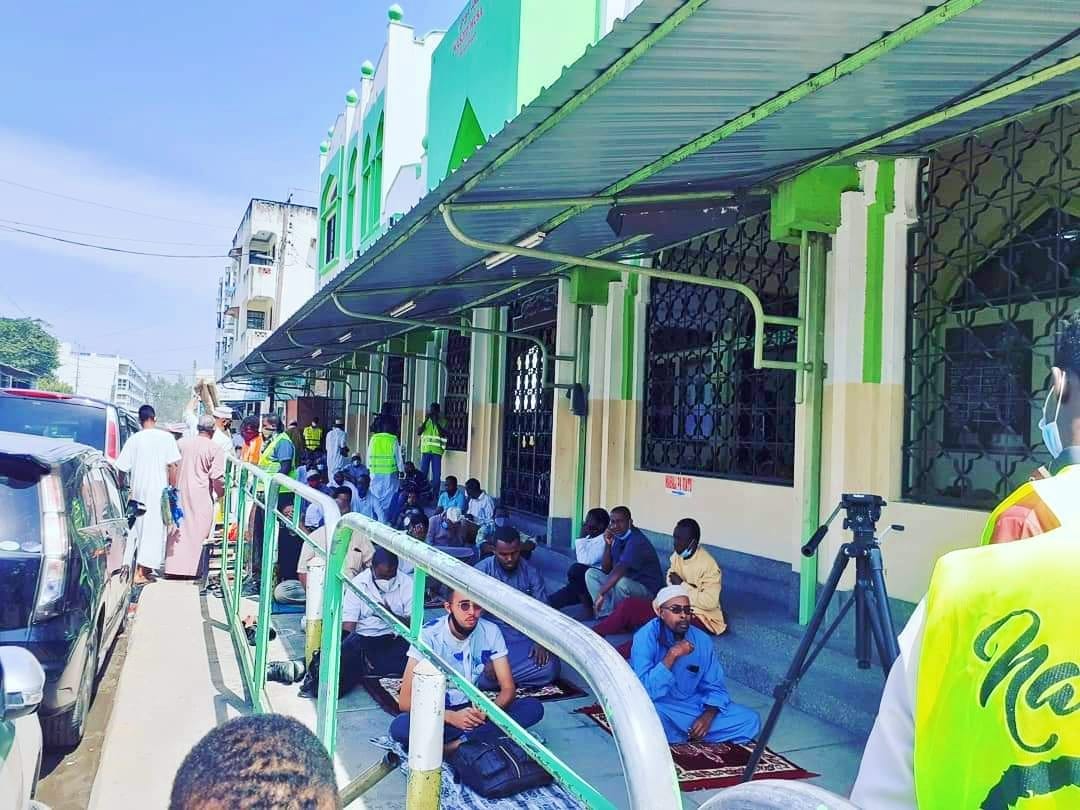 Muslim faithful at Mombasa's Majengo's Masjid Musa Mosque. (Photo: Farhiya Hussein)
Muslim faithful at Mombasa's Majengo's Masjid Musa Mosque. (Photo: Farhiya Hussein)
Mvita Deputy County Commissioner Ronald Mwiwawi said there has been a significant shift in the dynamics within Majengo, with youths increasingly being engaged in constructive dialogue and community-building activities.
He said that the partnership among human rights advocacy groups, NGOs, religious leaders, and security agencies has played a key role in addressing insecurity in Majengo. According to him, previously, young people were excluded from important decision-making processes.
Youth active participation
However, he noted a recent shift where youths are now actively participating in these discussions. When they are acknowledged and allowed to express their concerns, they perceive themselves as valuable members of society.
“Moreover, government-sponsored programmes such as Kazi Mtaani provided much-needed employment opportunities for unemployed youths, offering an alternative path away from crime and extremism,” he said.
The infusion of business skills through training and mentorship further equipped the youth with the tools necessary to pursue sustainable livelihoods.
 A view of Majengo Market in Mombasa County. (Photo: Farhiya Hussein)
A view of Majengo Market in Mombasa County. (Photo: Farhiya Hussein)
"Additionally, peace seminars and workshops organised by civil society and human rights organisations have played a crucial role in engaging and occupying the youth. Within these sessions, fellow youths who have emerged as peace ambassadors and advocates address them, highlighting the pitfalls of radicalisation,” Mwiwawi said.
He noted that the appointment of young people as chiefs and assistant chiefs has helped improve communication channels, enabling many to voice their societal concerns to government officials.
Haki Africa’s Rapid Response Officer Mathias Shipeta lauded the transformation of Majengo, citing a noticeable decline in cases of violent extremism.
"We endured the turmoil that swept through the area, becoming casualties of the chaos. I recall nights spent in mortuaries, assisting families in locating their loved ones. We suffered as targets of radicalisation groups to the point where our accounts were frozen. It is truly gratifying to be present today and witness the transformation unfolding,” said Shipeta.
He attributed this positive trend to a combination of factors including community engagement initiatives, law enforcement interventions and targeted deradicalisation efforts.
Religious leaders echoed the importance of youth empowerment and called for greater investment in education, skills development and job creation.
The National Chairman of the Kenyan Muslims Advisory Council (Kenmac) Sheikh Juma Ngao, said the government should prioritise employing 70 per cent of local youths in projects at the Coast to address insecurity concerns.
Top Stories Today


